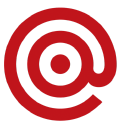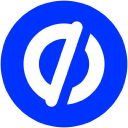How We Created A $90,000/Month Healthcare E-Learning Platform
Hello! Who are you and what business did you start?
I’m Jure Pučko and I’m the co-founder and CEO of Doctrina - a global educational platform for healthcare professionals (HCPs). We are reaching over 1M HCPs with knowledge about RX and OTC medicines and medical devices, disease awareness, and other health-related topics, using our video platform. Our clients are pharma companies who want to get their messages to HCPs.
With our technology and team efforts, we helped over 60 companies worldwide to grow since 2013.

What's your backstory and how did you come up with the idea?
I and my cofounder Tomaz were both working in the pharma industry and we're always wondering if there is a more efficient way to educate HCPs besides the traditional way - sending sales representatives to visit doctors and...

























